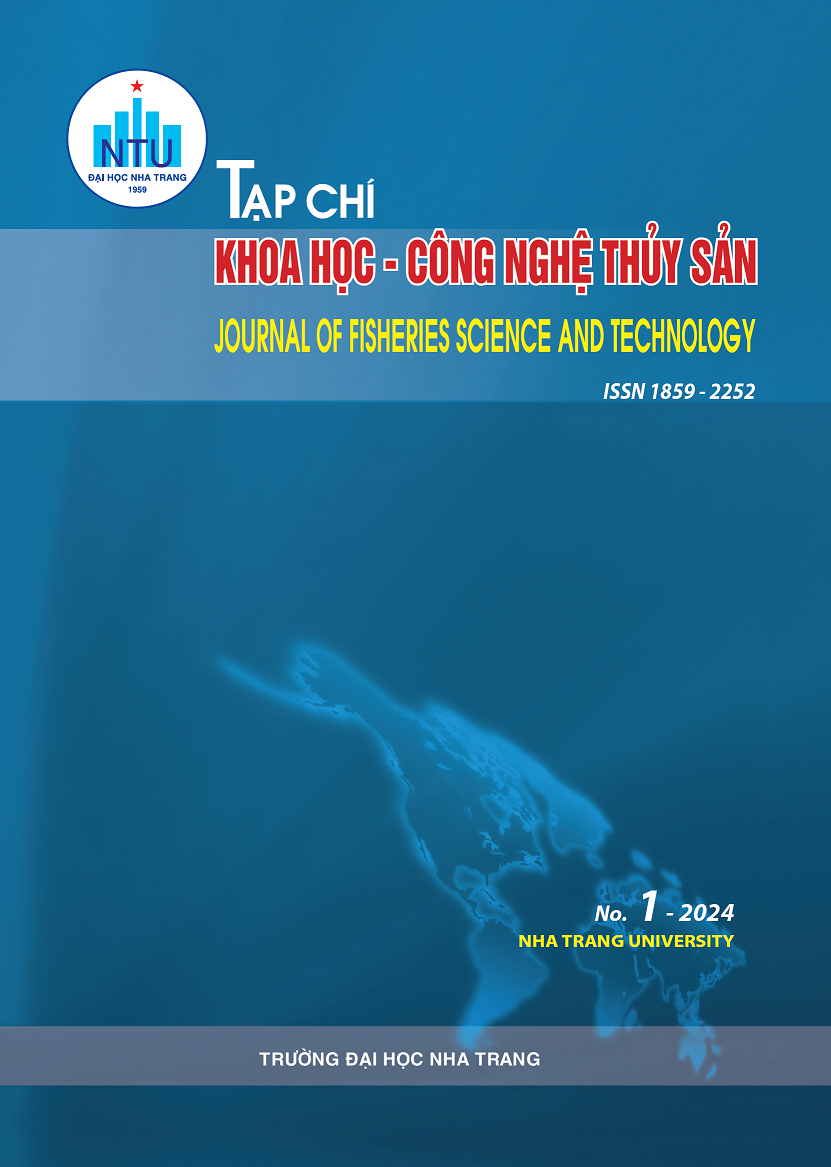##plugins.themes.huaf_theme.article.main##
Tóm tắt
Cutting condition is a pivotal factor affecting cutting performance in the turning process, especially in marine engineering, where materials must withstand the challenges of maritime environments. This study presents an experimental investigation of the impact of cutting process parameters on surface roughness, Vicker hardness, and cutting temperature in the turning of C45 steel, a critical material for marine applications. The experiments are meticulously designed based on input parameters, including cutting speed and various cutting conditions (dry, flood, MQL, and nano-MQL), focusing on their relevance to maritime manufacturing. After collecting and analyzing the experimental data, it becomes evident that increasing the cutting velocity significantly reduces surface roughness and temperature, aligning with the marine industry's need for precision and durability. Additionally, Nano-MQL lubrication is the most effective solution for minimizing cutting temperature and improving surface quality. It is a noteworthy advancement for enhancing cutting performance in marine science and engineering.
Keywords: Cutting condition, Nano-MQL, surface roughness, temperature

